5 Easy Ways To Help Your Running That Aren’t Running

Yes, we’re the Running Channel, but did you know that there are plenty of things that can help your running that isn’t actually running?! To help you, we have 5 ways that you can improve your running, without running.
These are 5 simple things that you might already be doing, or quick changes you can do to help make you a better runner.

1. Breathing
People often do breathwork exercises to improve mental, physical, and spiritual well being. Whether you want to increase awareness, reduce stress, improve mental sharpness, boost work performance or prepare for sleep, breathwork — or mindful breathing — can help. It might sound basic, but spending time doing breathwork can really help your running too. Fitter people tend to have lower respiration rates, even while active, and return to low respiration rates more quickly after activity.
If doing breathwork exercises feels a bit awkward at first, don’t give up. As you get used to the patterns and learn to control your breathing better, you’ll start noticing the benefits more and more. Like any other exercise, it takes practice.
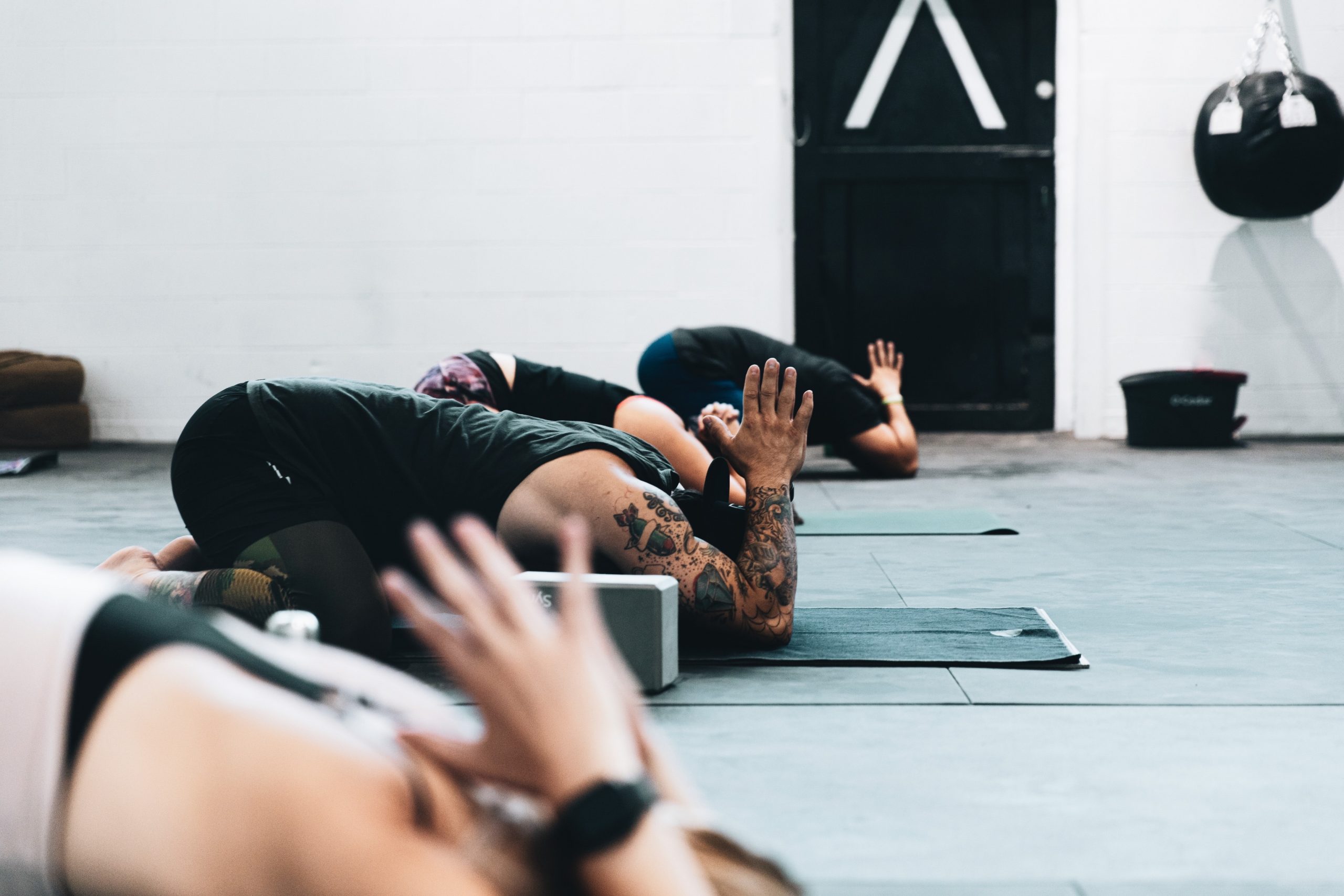
2. Yoga
Staying with the mindfulness and calm theme, and next on our list is yoga. Clearly, yoga and running are at opposite ends of the spectrum – one is low impact and the other is high impact, for a start. But doing some yoga each week can really help improve your flexibility, range of motion and muscle strength.
In fact, there’s a lot of research out there to back this up. For example, in a 2020 study published in the Journal of the American Osteopathic Association, it was found that mindful meditation and yoga led to an overall downward shift in the distribution of depression and pain scores.
There are many different types of yoga and if you’re a bit overwhelmed with where to start, there are plenty of follow-along workouts on YouTube as well as specifically tailor workouts entitled: Yoga For Runners, offering you clear demonstrations of the poses that most benefit runners that should feel beneficial to anyone looking to try it.
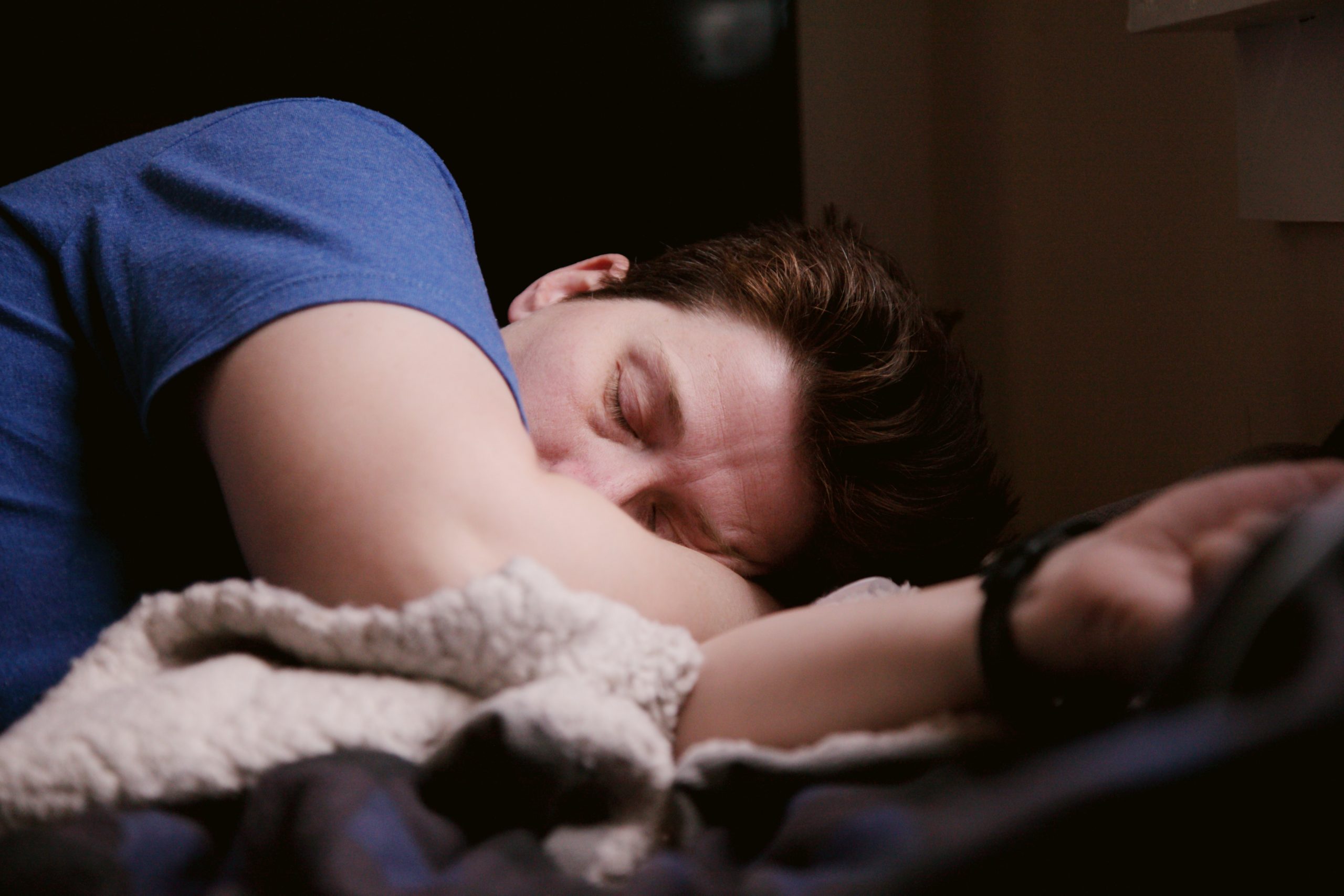
3. Sleeping
Regularly getting enough quality sleep promotes good health, can improve your mood and helps maximize the benefits of exercise. Sleep is the most accessible and cheapest recovery tool for runners that you can get. It replenishes, repairs, and regenerates tissue that gets damaged when you’re running or working out.
The National Sleep Foundation recommends 7 to 9 hours sleep for young adults and adults and 7 to 8 hours of sleep for older adults. However, it’s not unusual for athletes to get up to 10 hours of sleep a night.
Tracking your sleep, and monitoring your lifestyle to correlate changes can help improve how you sleep. It is also interesting to see how certain things impacted your running like drinking alcohol, running late in the evening and eating a big meal close to bedtime.

4. Strength & Conditioning
Supplementing your running training with strength and conditioning can reduce your injury risk and help you to run faster. This is because, when done properly, it corrects muscle imbalances and increases your running efficiency.
Strength training also builds core strength, which is particularly important for distance runners. A strong core will help with better posture while running, again, helping you to improve your running form and efficiency.

5. Recovery
The final tool in your armoury when it comes to helping your running with ways that aren’t running is recovery. We’ve got a whole video on The Running Channel all about recovery runs and what they are, but how do you know when to do them? And how much is too much for recovery?
Ever noticed the recovery advisor come up on your watch to tell you you need to take a certain number of hours or days of recovery? The first thing to say is that it’s not telling you NOT to run at all – the recovery advisor is there to suggest the time you take until your next hard workout.
In short, if you’ve done a hard workout, your body needs time to adapt to it and recover. So the recovery advisor is there to help you work out how long it should be before your next hard workout or run. A bad nights’ sleep will delay your recovery time. As will an active day – even if you’re not recording what you’re doing as actual activities.
Watch the full episode on this topic below.


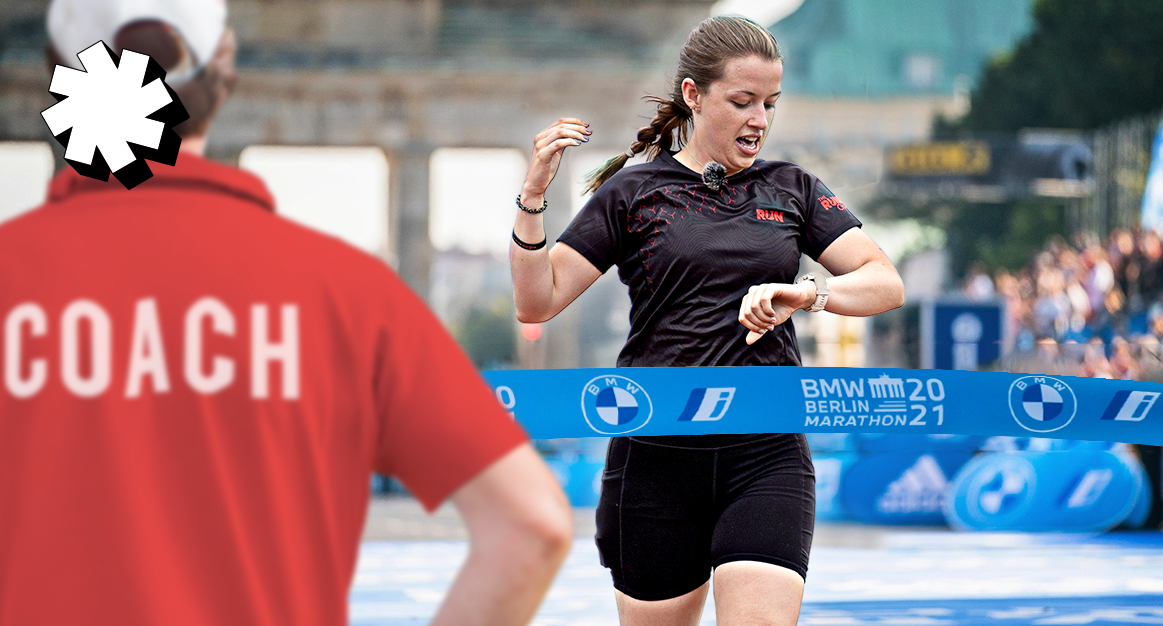
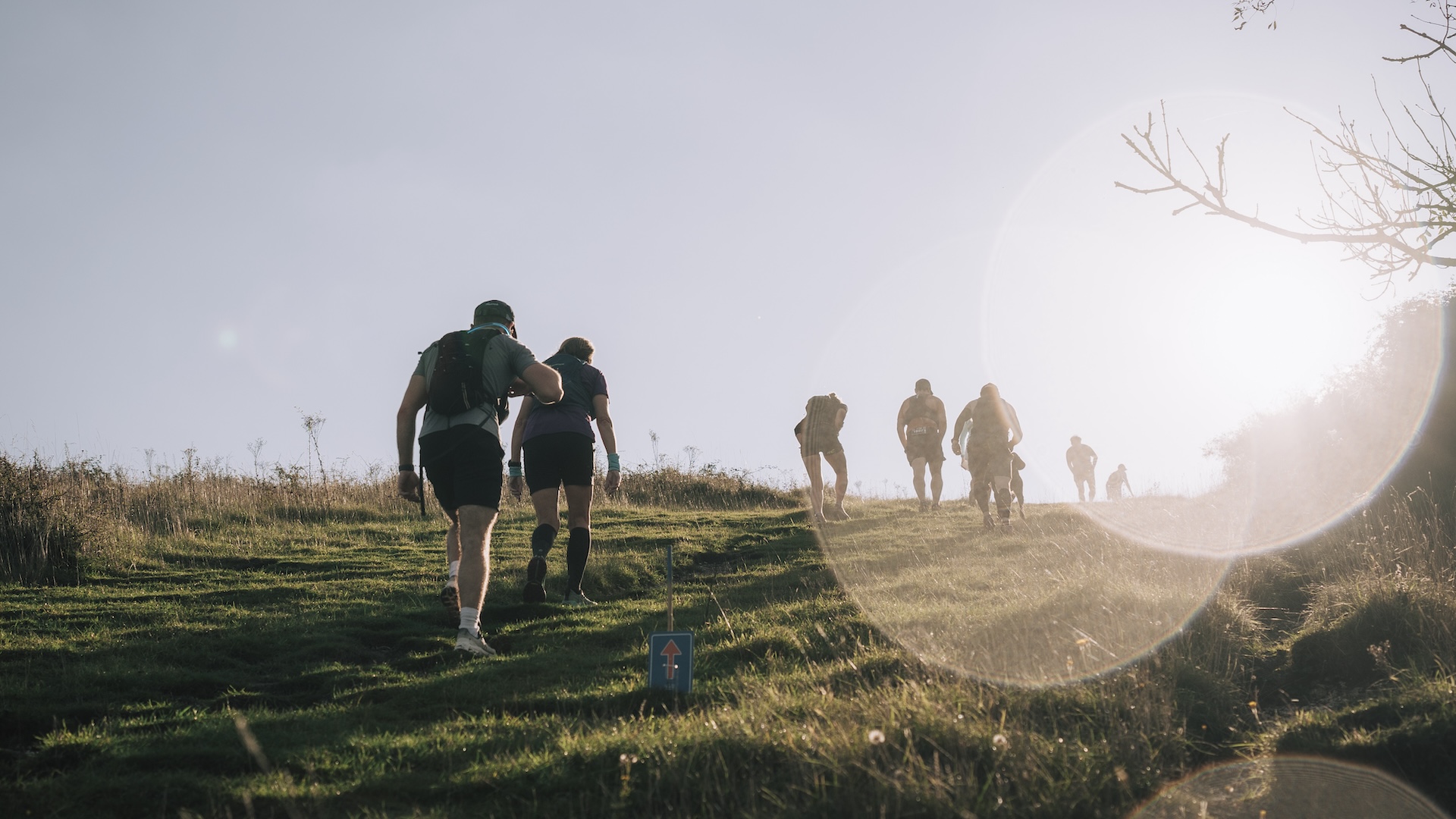
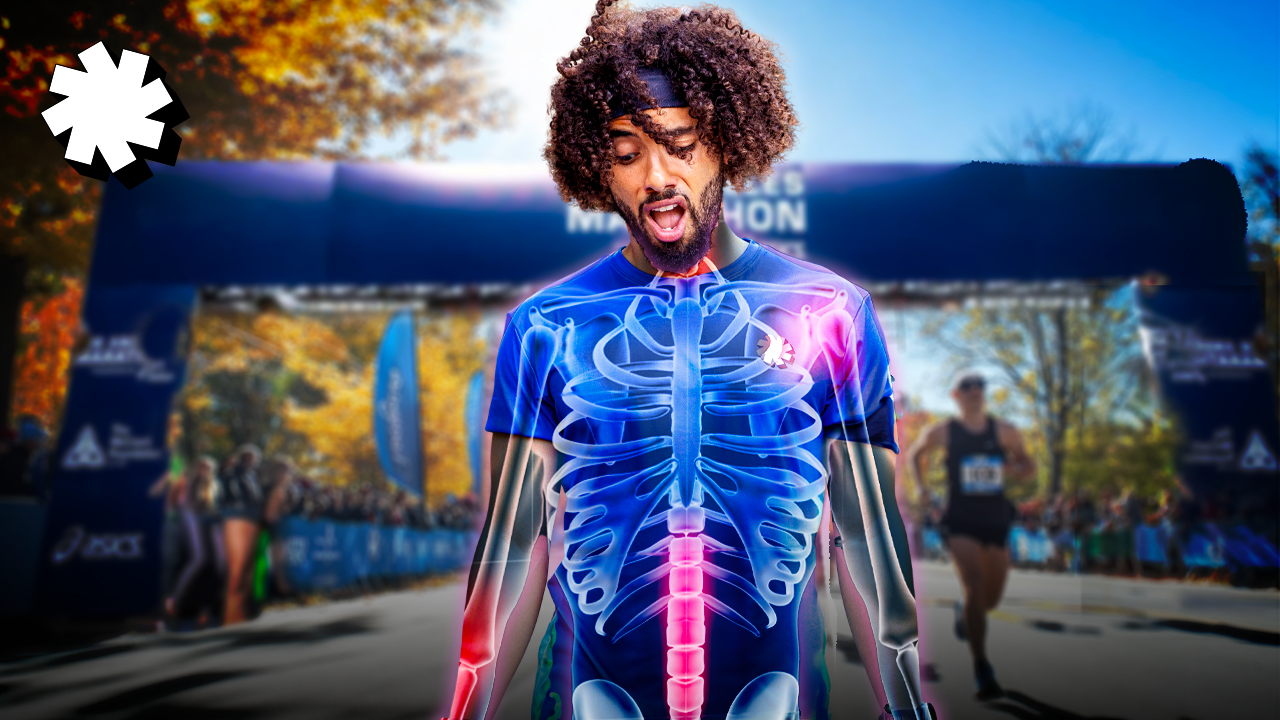
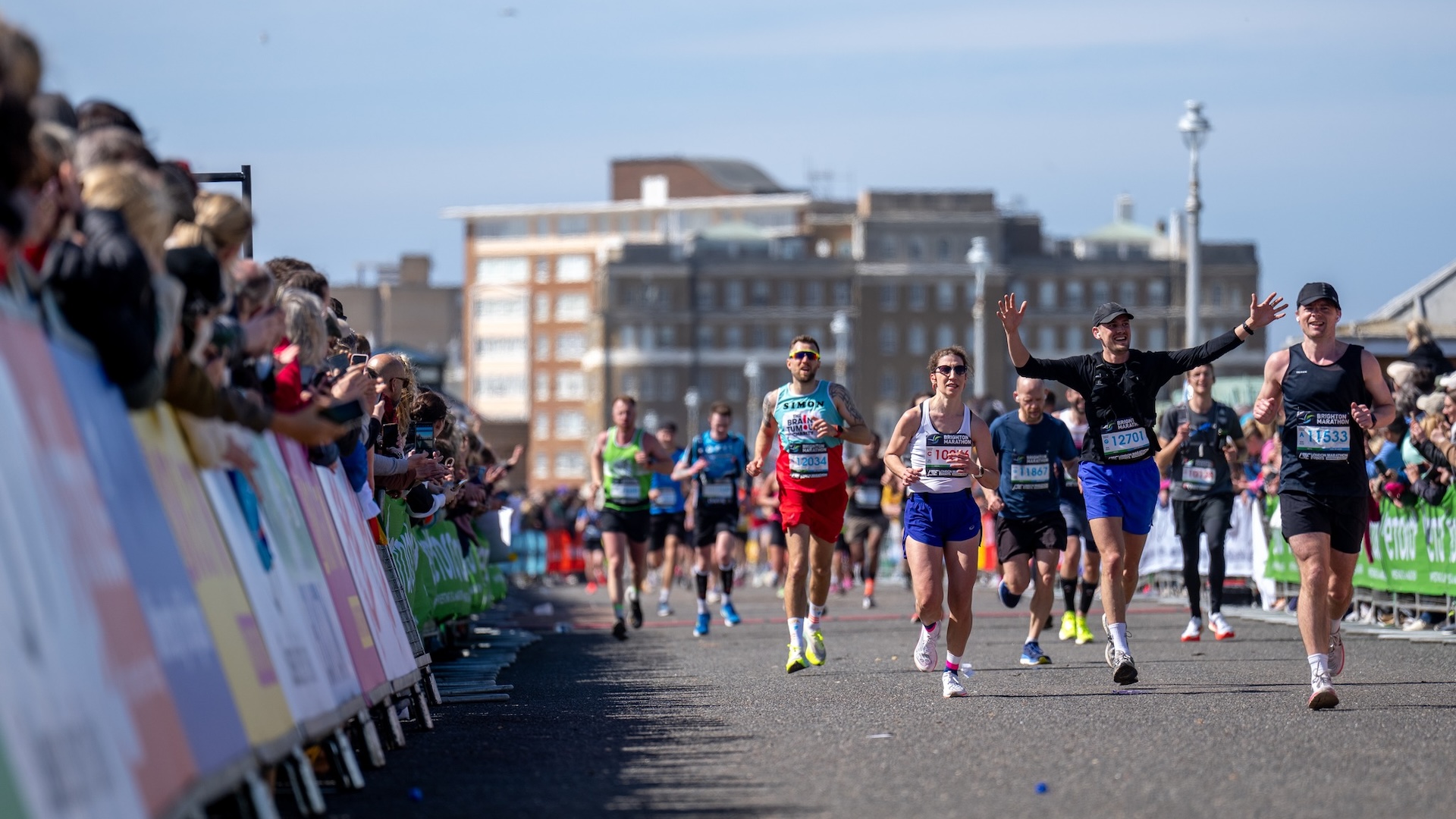
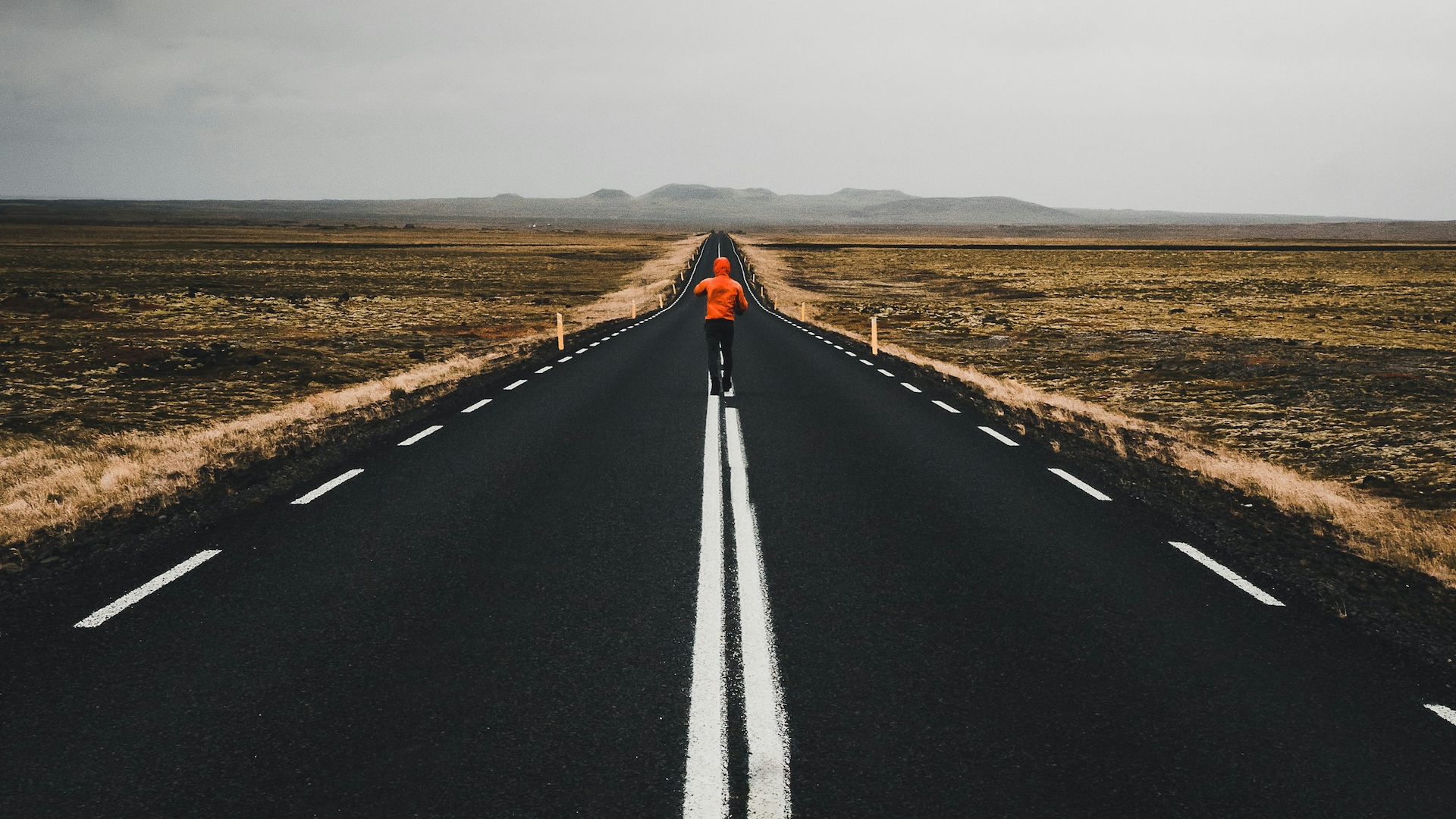

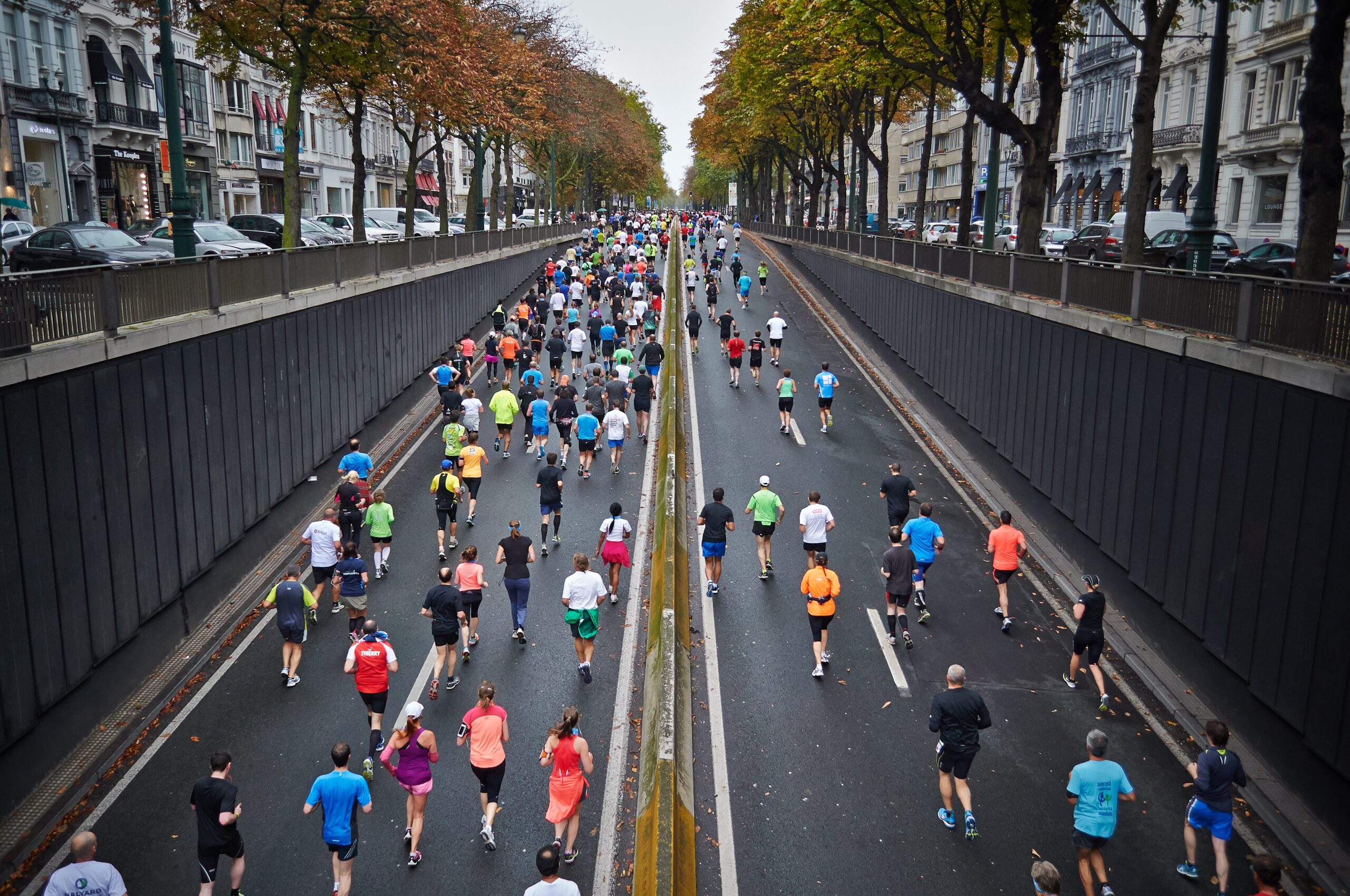














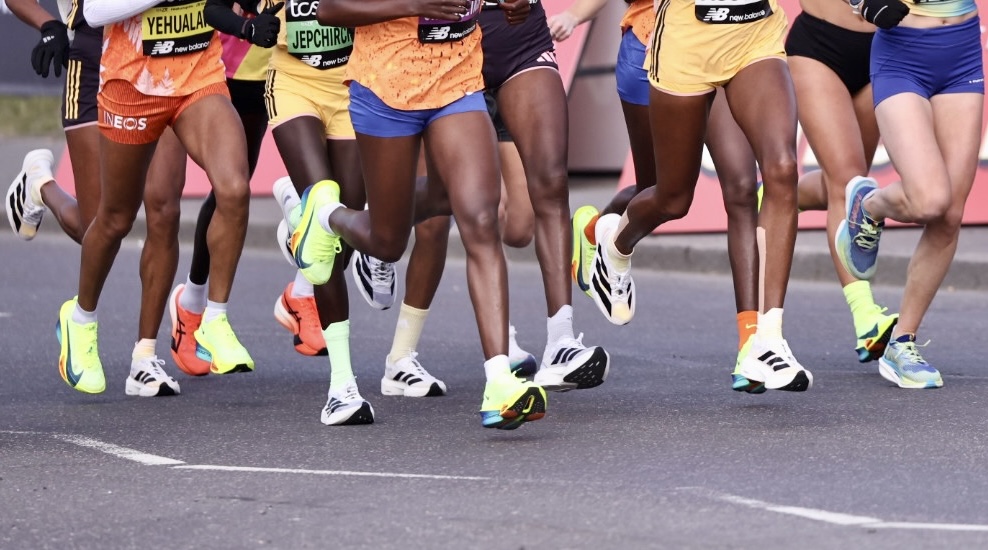
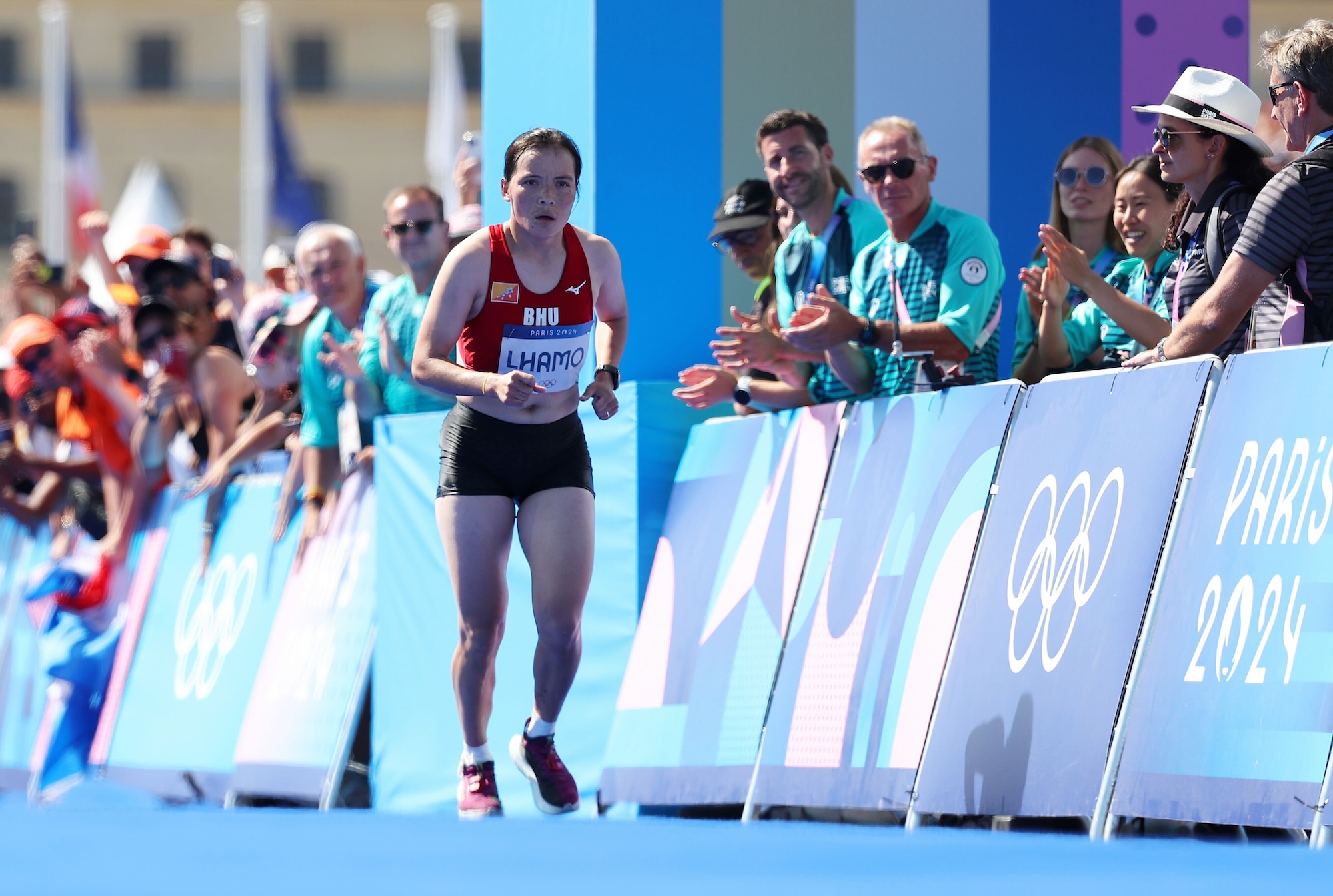




Running News
Could Shanghai Marathon Become A World Marathon Major?
Mengesha and Ketema Win The 2024 Berlin Marathon
ATHLOS 2024: An Incredible Night Of Women’s Track Racing in NYC